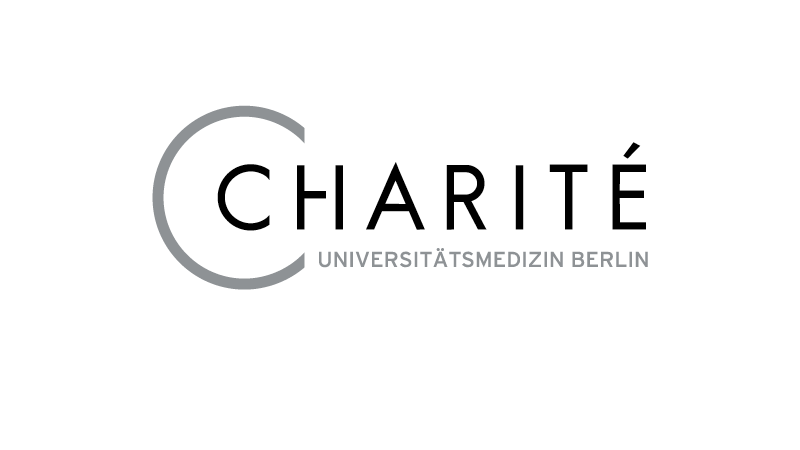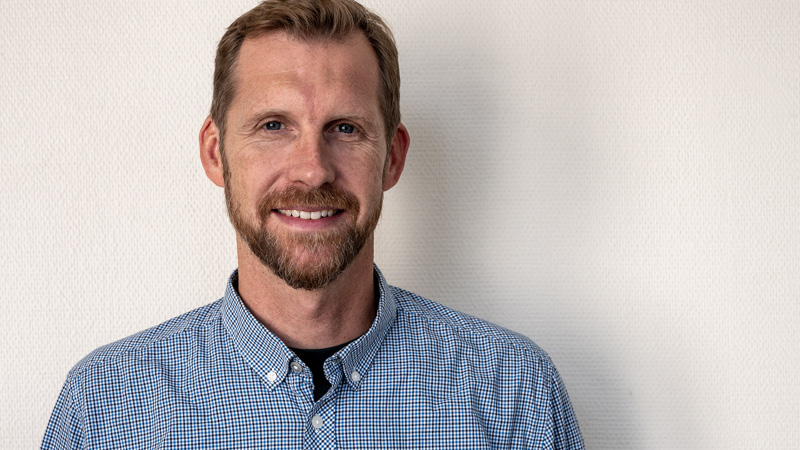Dissecting innate immune responses to SARS-CoV-2
Coronavirus disease 2019 (COVID-19) is a mild to moderate respiratory tract infection, however, a subset of patients progresses to severe disease and respiratory failure. The mechanisms of protective immunity in mild forms and the pathogenesis of severe COVID-19 associated with increased neutrophil counts and dysregulated immune responses remain unclear. In a dual-center study we combined single-cell RNA-sequencing and single-cell proteomics of whole-blood and peripheral-blood mononuclear cells to determine changes in immune cell composition and activation in mild versus severe COVID-19 (242 samples from 109 individuals) over time. Highly activated HLA-DRhiCD11chi monocytes with a strong interferon-stimulated gene (ISG) signature were elevated in mild COVID-19. In contrast, severe COVID-19 was marked by the occurrence of neutrophil precursors, as evidence of emergency myelopoiesis, and dysfunctional mature neutrophils. Moreover, monocytes in patients with severe COVID-19 showed signs of alternative activation and expressed low levels of HLA-DR. Single cell RNA-Seq analysis of bronchoalveolar lavage and lung tissue from different disease stages, combined with Multi-epitope-ligand cartography (MELC), revealed an enrichment of alternatively activated monocyte-derived macrophages in patients with COVID-19 ARDS. Our study provides detailed insights into the innate immune response to SARS-CoV-2 infection and reveals profound alterations in the myeloid cell compartment associated with severe COVID-19 and ARDS.
Session 7: Cutting Edge
(Sars-CoV-2) Part 2
Friday
October 2, 2020
13:00 -14:00


Charité–Universitätsmedizin Berlin
Leif is a physician-scientist trained in internal medicine and pulmonology and specializing in infectious diseases. He studied Medicine at Hannover Medical Scholl (Medizinische Hochschule Hannover). From 2006 to 2011 he trained as a postdoctoral fellow at Universitätsklinikum RWTH Aachen and The Mount Sinai School of Medicine in New York, USA. In 2011, he returned to Germany as Emmy Noether Fellow and principle investigator at Charité Universitätsmedizin Berlin. In 2016, he was appointed Professor of ‘Immunology of Infectious Diseases and Vaccinology’ at Charité.
As an expert in infectious diseases, Leif and his team study host pathogen interactions to understand the mechanisms that determine protective immunity elicited by infections and vaccines. The team focuses on the earliest events of the immune response and how they shape protective immunity.
As a member of the Germany-wide consortium “Deutsche COVID-19 OMICS Initiative“(DeCOI)” Leif and his colleagues analyzed blood from patients with different disease severity of COVID-19. Using single-cell-OMICs technologies, the team characterized circulating immune cells to determine changes in immune cell composition and activation in COVID-19. The study revealed a profound alteration of the myeloid cell compartment in severe forms of the disease. Leif is also involved in several other studies investigating the pathophysiology and immunology of COVID-19 and coordinates the central phenotyping platform for “harmonized, scalable data collection, pathophysiological analysis, and deep phenotyping of COVID-19, which enables rapid generation of evidence for improved medical care and identification of candidate therapeutic and preventive strategies” at the Charité.
Links
Leif Erik Sander at Charité – Universitätsmedizin Berlin
Publications
Severe COVID-19 is marked by a dysregulated myeloid cell compartment
SARS-CoV-2-reactive T cells in healthy donors and patients with COVID-19

